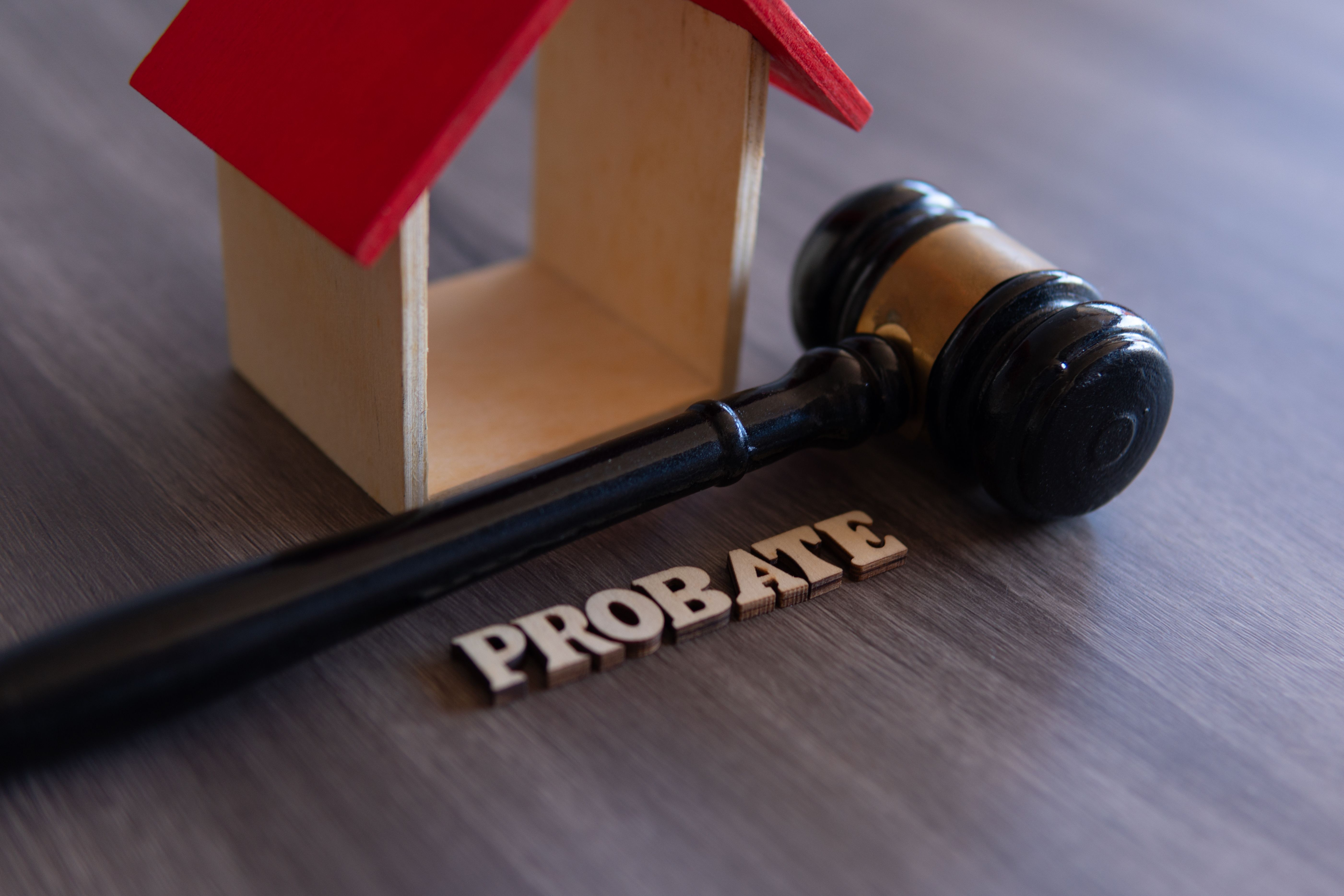Understanding Probate Sales: A Guide for Buyers and Sellers
What is a Probate Sale?
A probate sale occurs when a property is sold as part of the legal process of settling the estate of a deceased person. This type of sale typically happens when the deceased did not leave a will or when the will does not specify how the property should be distributed. During probate, the court oversees the sale to ensure all legal requirements are met and that the property is sold for a fair market value.
Probate sales can be an attractive option for buyers looking for a good deal, as these properties are often priced below market value. However, the process can be more complex than a standard real estate transaction, requiring patience and understanding of the legal procedures involved.

The Probate Sale Process
Initial Steps
The probate sale process begins with the appointment of an executor or administrator by the court. This individual is responsible for managing the estate and facilitating the sale of any real property. Before a property can be listed for sale, it must be appraised to determine its current market value. This appraisal helps set a baseline for offers and ensures that the estate receives a fair price.
Once the property has been appraised, it is listed for sale on the open market. Interested buyers can view and make offers on the property, but it's important to note that all offers must be approved by the court.
Court Confirmation
After an offer is accepted by the executor, it must still go through a court confirmation process. This step is crucial to verify that the property is being sold under fair conditions. During a court hearing, other interested buyers may have the opportunity to bid on the property. The highest bid at the hearing is typically accepted, provided it meets or exceeds a specified percentage above the initial offer.

Benefits and Challenges for Buyers
Advantages
For buyers, probate sales can present an opportunity to purchase properties at a reduced price. Since these properties are often sold "as-is," buyers may find themselves getting more house for their money compared to traditional sales. Additionally, there is less competition in probate sales, as many buyers are unfamiliar with or hesitant about the process.
Potential Challenges
However, buying a probate property also comes with its challenges. The process can be lengthy and involves more legal oversight than standard transactions. Buyers must be prepared for possible delays and additional paperwork. Moreover, because probate properties are sold "as-is," buyers should be vigilant about conducting thorough inspections before finalizing any purchase.

Navigating Probate Sales as a Seller
Selling a property through probate requires careful adherence to legal protocols. Executors need to work closely with a real estate agent who is experienced in handling probate sales. This ensures that all necessary paperwork is completed correctly and that the property is marketed effectively to potential buyers.
Executors must also be prepared to attend court hearings and manage any competing bids from interested parties. While this can be time-consuming, it is essential to maximize the value of the estate for beneficiaries.
Conclusion
Understanding the probate sale process is crucial for both buyers and sellers. While it offers unique opportunities, it also demands a thorough comprehension of legal procedures and patience throughout the transaction. By being well-informed and working with experienced professionals, both parties can navigate probate sales successfully, ensuring fair outcomes and potentially lucrative opportunities.
